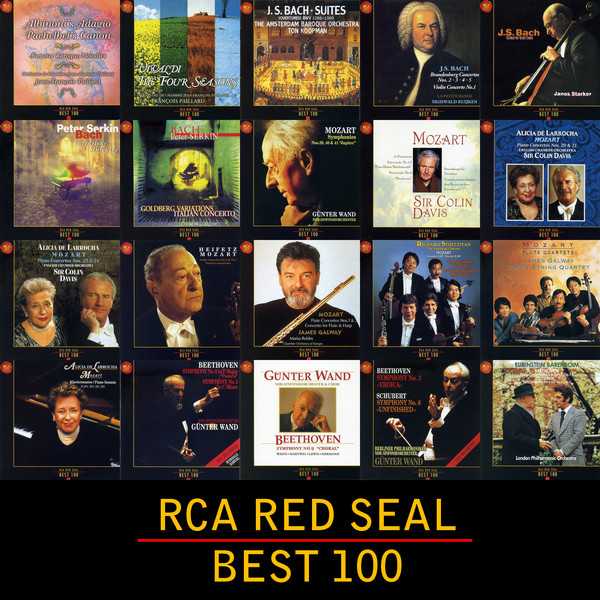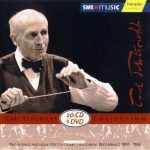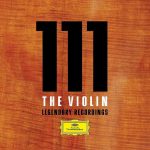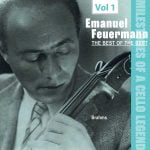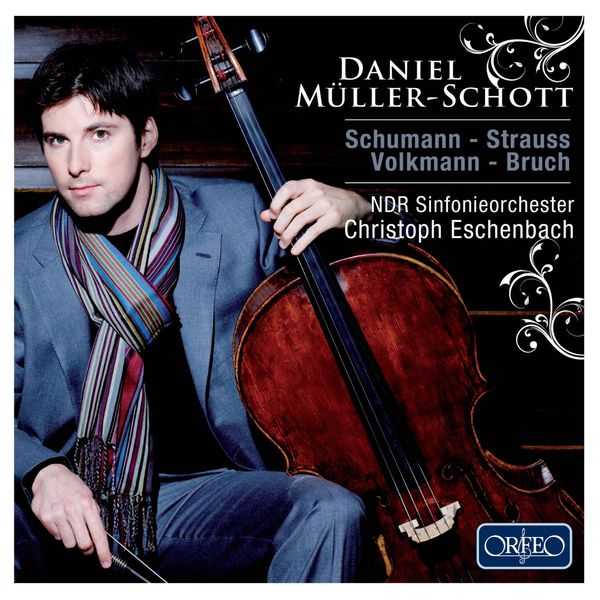
Composer: Max Bruch, Robert Schumann, Richard Strauss, Robert Volkmann
Performer: Daniel Müller-Schott
Orchestra: NDR Sinfonieorchester
Conductor: Christoph Eschenbach
Format: FLAC (tracks)
Label: Orfeo
Catalogue: C781091
Release: 2009
Size: 277 MB
Recovery: +3%
Scan: cover
Schumann: Cello Concerto in A minor, Op. 129
01. I. Nicht zu schnell
02. II. Langsam
03. III. Sehr lebhaft
04. Strauss: Romanze in F Major, TrV 118 (version for orchestra)
Volkmann: Cello Concerto in A minor, Op. 33
05. I. Allegro moderato
06. II. Allegro vivace
07. III. Allegro vivace
08. IV. Un poco più moderato
09. Bruch: Kol Nidrei, Op. 47
On his latest CD, Daniel Müller-Schott devotes himself to the cello’s Romantic and late-Romantic solo concerto repertoire. It is a voyage of exploration that offers things both known and worthy of (re )discovery. After the Classical period, the cello fell out of fashion as a concertante instrument.When that changed again in the mid-19th century, it fascinated composers more than ever, and this in turn had an impact on their creative muse. For Robert Schumann, to be sure, the composition of his Cello Concerto was bound up with major disappointments – he himself did not live to hear its world première. But the concerto’s interplay between soloist and orchestra is exciting, as are its contrasts between discretion and impulsiveness, and it is today well-loved by both audiences and interpreters and a firm feature in the repertoire. The dramatic aspect of the music comes as much to the fore here as it does in our recording of the Concerto by Schumann’s contemporary Robert Volkmann. It is considerably less popular than Schumann’s, but it thrives on singing, melodic themes and their sophisticated elaboration.These two concertos are complemented by two shorter pieces: Max Bruch’s Kol Nidrei after Old Hebrew melodies, whose rich musical spectrum is savoured uninhibitedly and to the full by Daniel Müller-Schott, Christoph Eschenbach and the NDR Symphony Orchestra.Then there is the Romance in F Major for cello and orchestra by Richard Strauss, who despite his youth (he wrote it when 19) already offers us a hint of the originality of his later tone poems.
